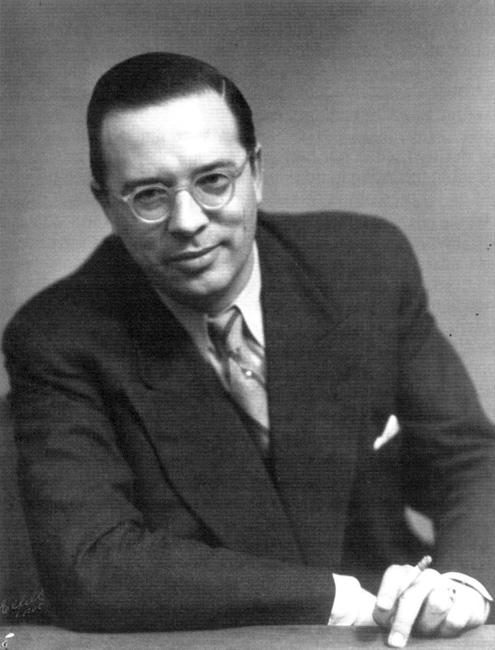Georg Ferdinand Duckwitz was born in Bremen to an old patrician family in the Hanseatic city. After finishing commercial college, he pursued a career in the international coffee trade, residing for several years in Scandinavian countries. In 1939, the Nazi Foreign Ministry assigned him to the German embassy in Copenhagen as an expert in maritime affairs.
As Duckwitz was intimately acquainted with local conditions and enjoyed good connections with Danish leaders, after 1942, he became a close confidant of the new Nazi Reich Representative (Reichsbevollmächtigter) for Denmark, Werner Best. A former deputy chief of the Gestapo and a hard-core Nazi ideologue, Best nevertheless chose to stick to the moderate policies of his predecessors. However, Hitler demanded a new iron-fist policy toward the increasingly rebellious country and an immediate implementation of the “Final Solution.”
On September 28, 1943, Best tipped off his confidant about the plan for the deportation of Denmark’s Jewish community of 6,500 people. At great risk to himself, Duckwitz proceeded to inform his Danish Social-Democratic friends, who, in turn, alerted the leadership of the Danish Jewish community. This made it possible for the Danes to carry out their great rescue operation, during which some 7,000 Jews were transported overnight in ships and boats across the sea to the safety of neighboring Sweden. By October 2, when the Gestapo set out to implement their plans, most of the Jews had gone, and only 500 Jews, mostly elderly and sick, were caught and deported to the camp of Theresienstadt.
On March 29, 1971, Yad Vashem decided to recognize Georg Ferdinand Duckwitz as Righteous Among the Nations.

